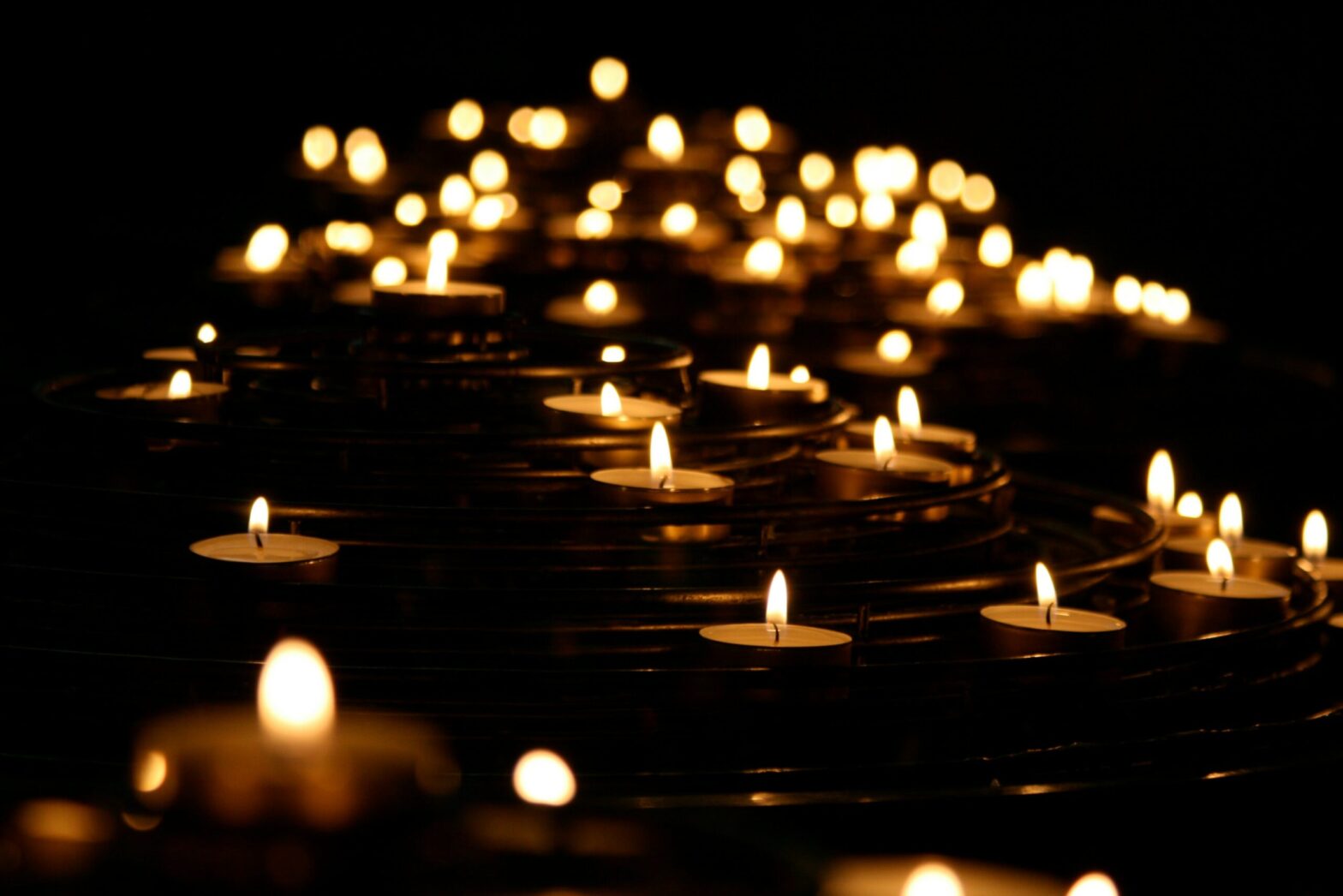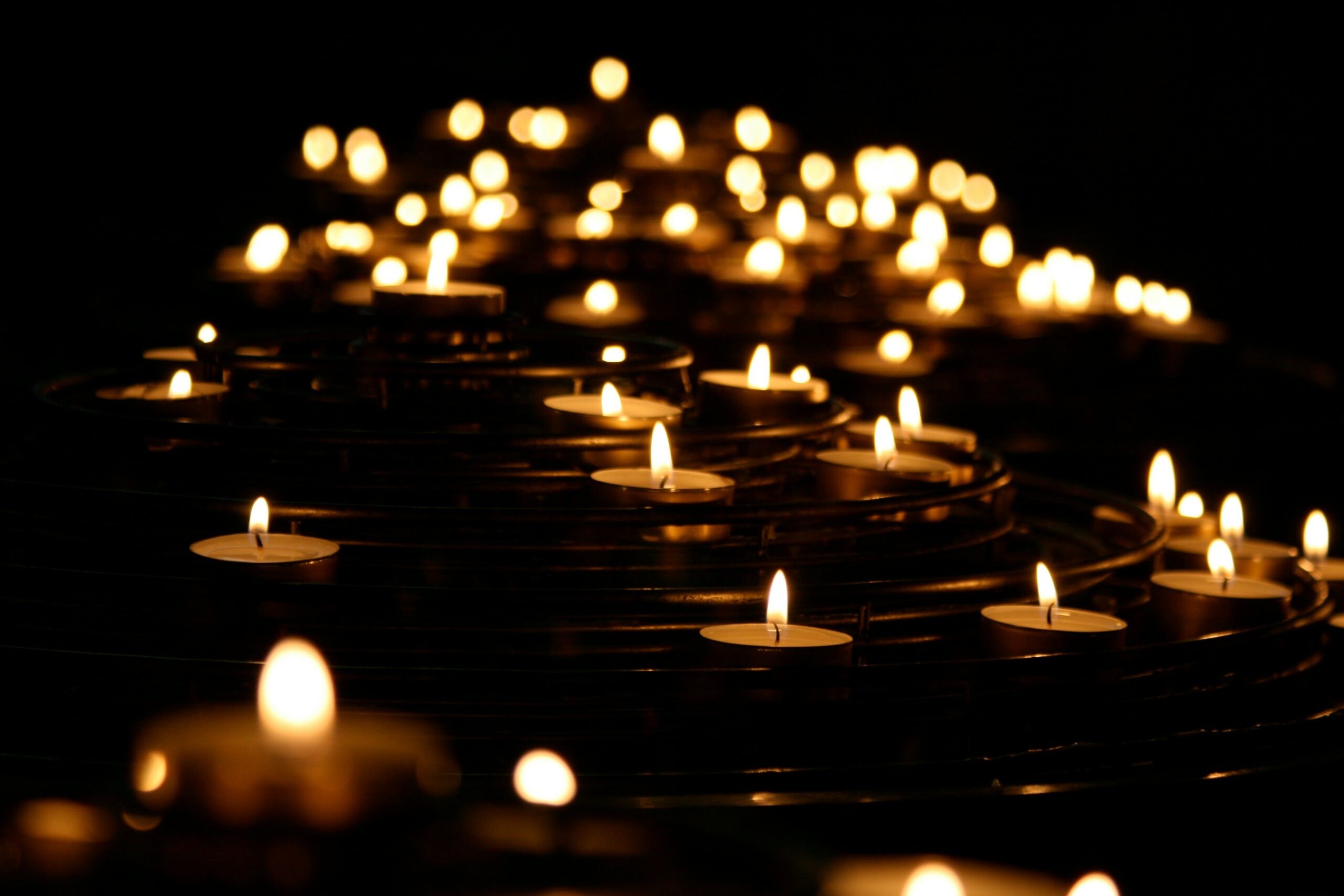
Mem Moment
Moishe Moment | Nothing About This Is Right

Yom HaShoah By Caleb Brommer, Jewish Life Specialist
Yom HaShoah commemorates the realities of the Holocaust. The destruction of millions of Jews, millions of others, and countless treasures of scholarship, art, invention, and beauty is difficult to wrestle with even in thought—and how much more so in liturgy and prayer. Different siddurim (prayer books) have different psalms, readings, poems, and images in their sections for Yom HaShoah. The truth is that none of them measure up. None of the various liturgies that people have come up with in the years since the Holocaust captures what needs to be said. They can’t possibly. And that’s okay. The important thing is that they say something. There is no right way to commemorate Yom HaShoah. But we have a duty and obligation to do something. Maybe light a memorial candle. Maybe research the names of some of those who lost their lives. Maybe pledge tzedakah or social action in their memories. Maybe say tehilim (psalms). Maybe stand and say the Mourner’s Kaddish, inserting the names of some of the Nazi death camps between the words. Maybe just take five minutes and try the impossible task of picturing what was lost. But do something. Because while it’s not totally right to say the Nazis failed, they also did not succeed. And we are proof of that. May the memories of all those who died in the Shoah be a continued blessing for all of us who remember them. And may we never fail to remember them.